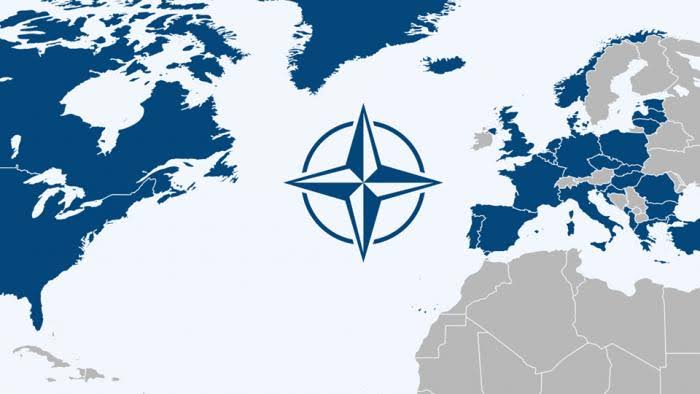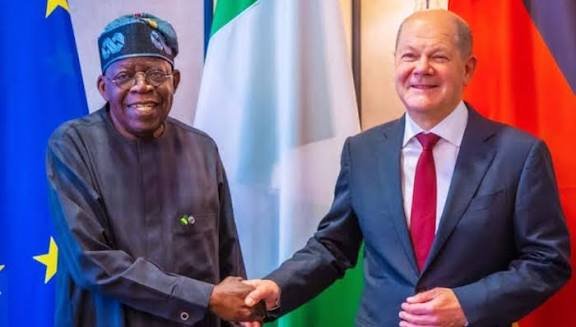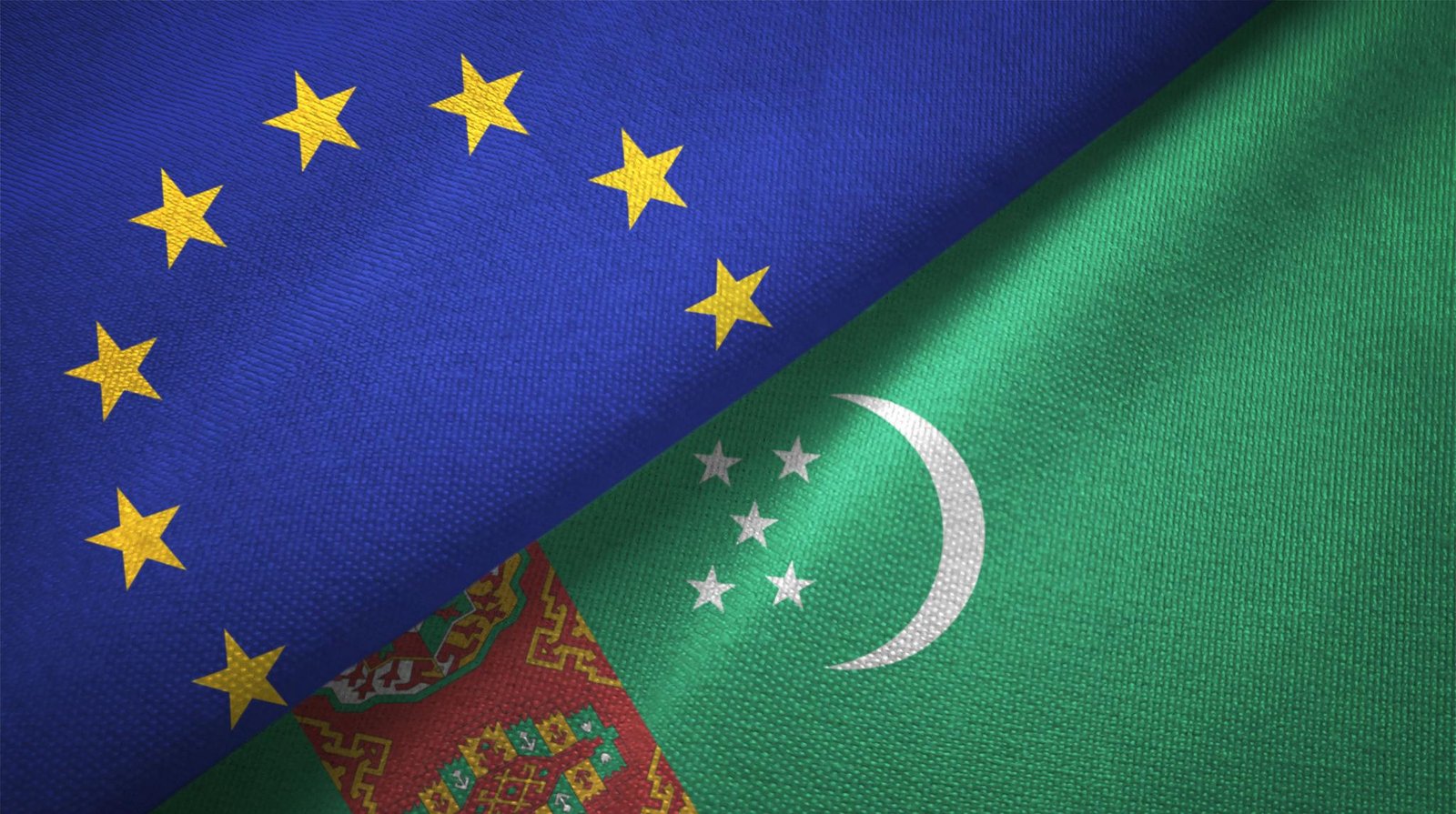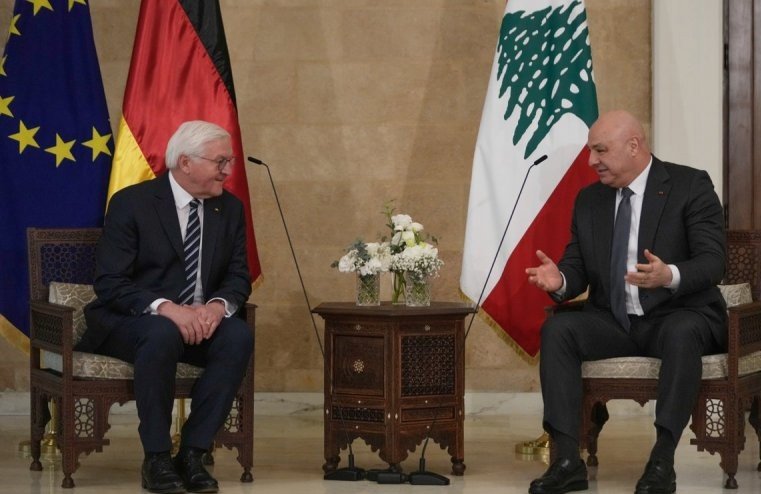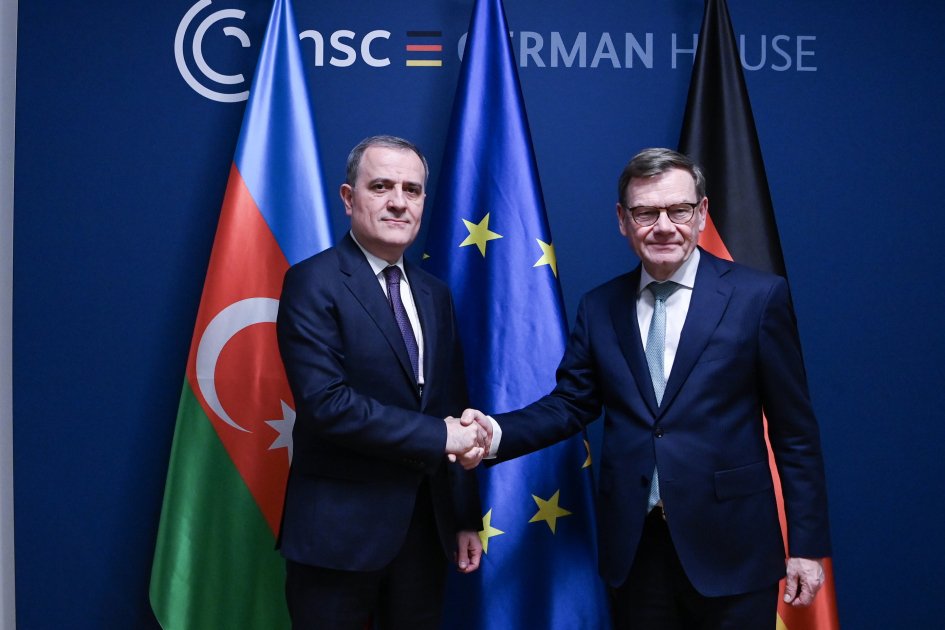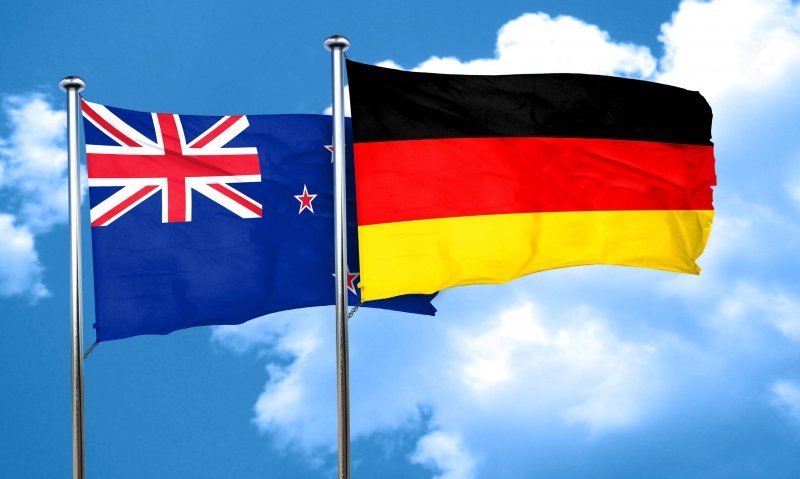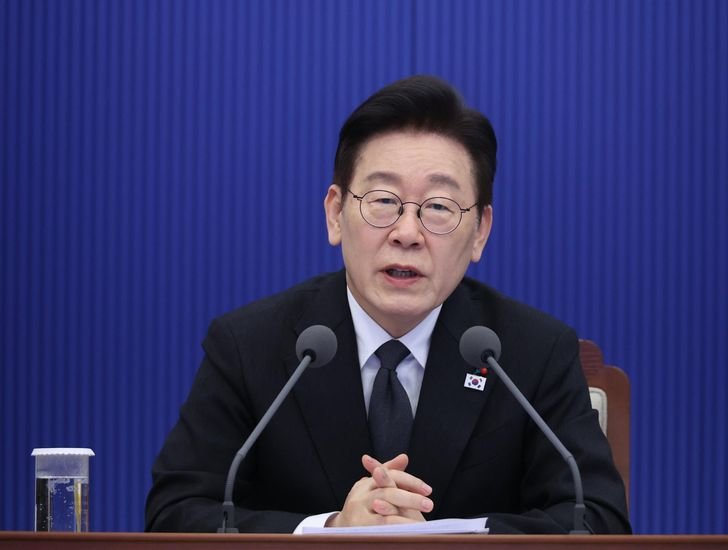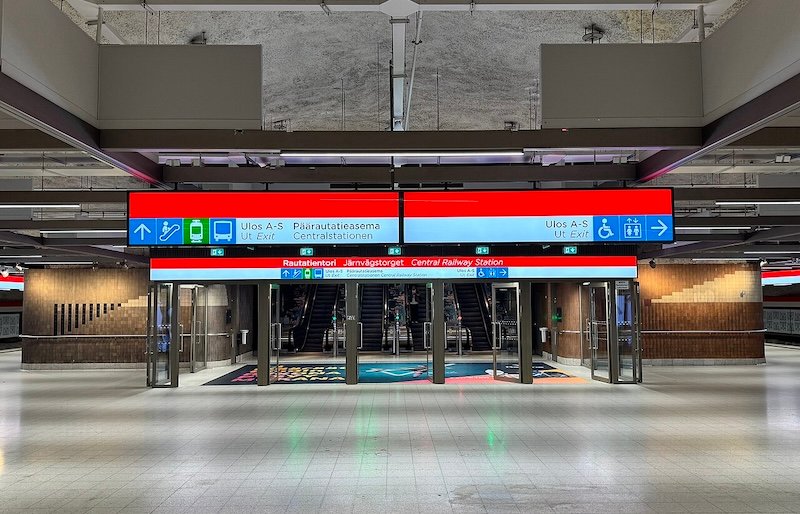Berlin, February 23, 2025 – The Europe Today: NATO is set to extend its Cold War-era fuel pipeline system from western Germany into Poland and the Czech Republic, as part of its strategic preparations for a potential Russian threat to its eastern members, according to a report by Der Spiegel citing an internal memo from the Bundeswehr (Germany’s armed forces).
The Central European Pipeline System (CEPS) was originally built in the late 1950s to support NATO’s operational needs in times of peace, crisis, and conflict. It has transported large quantities of kerosene, gasoline, and diesel through Germany, France, Belgium, and the Netherlands, and was also used by the United States.
The new expansion project aims to store fuel as far east as possible near potential operational zones. Currently, fuel distribution is restricted to NATO’s eastern flank, with the existing pipeline network ending in western Germany.
€21 Billion Project to Be Completed by 2035
The project is expected to cost €21 billion ($22 billion) and will be largely completed by 2035, according to the report. Germany has committed more than €3.5 billion ($3.7 billion) to the initiative, as confirmed by German Defense Minister Boris Pistorius.
“For our soldiers, a reliable fuel supply is one of the essential requirements for their operational readiness,” Pistorius told Der Spiegel.
A senior NATO official highlighted concerns over fuel logistics, stating that while ammunition and spare parts could be airlifted, transporting fuel by air is nearly impossible due to high consumption rates. He described fuel supply challenges as a significant issue in sustaining NATO forces in case of a potential eastern deployment.
Possible Delays and Challenges
The project may face delays and cost increases due to several logistical and environmental challenges. The pipeline will have to be laid under multiple rivers, including the Weser and Elbe, which must be protected from potential accidents. Additionally, NATO may encounter land ownership disputes with authorities and private landowners.
Russia’s Stance on NATO Expansion
Russia has consistently claimed that NATO’s eastward expansion provoked the Ukraine conflict, citing Kyiv’s ambitions to join the alliance and its policies towards the Russian-speaking Donbass region.
While Western officials argue that Russia could pose a threat to NATO amid the Ukraine conflict, Russian President Vladimir Putin has dismissed these concerns as “nonsense”, saying they are merely used to justify Western military spending.
In December 2024, Russian Defense Minister Andrei Belousov stated that Moscow must be prepared for any scenario, including a potential military confrontation with NATO in Europe within the next decade.
